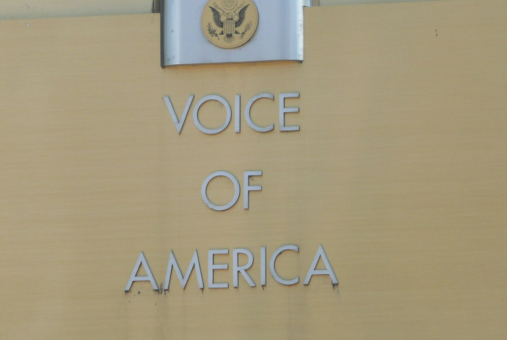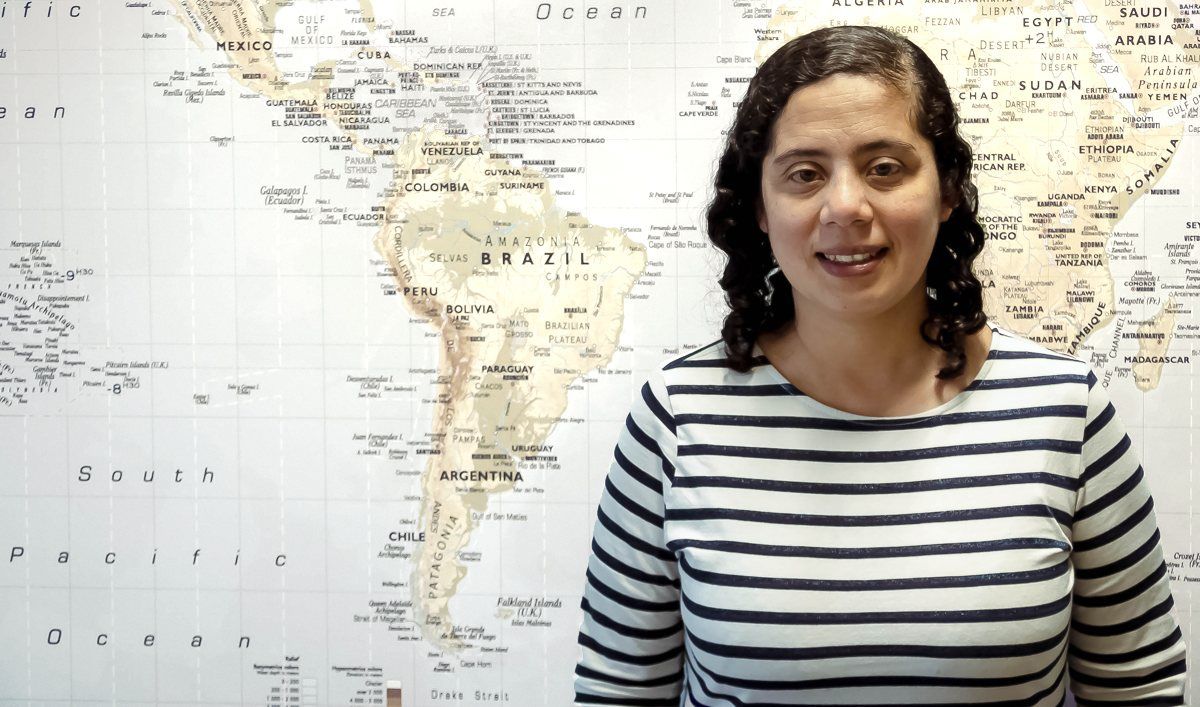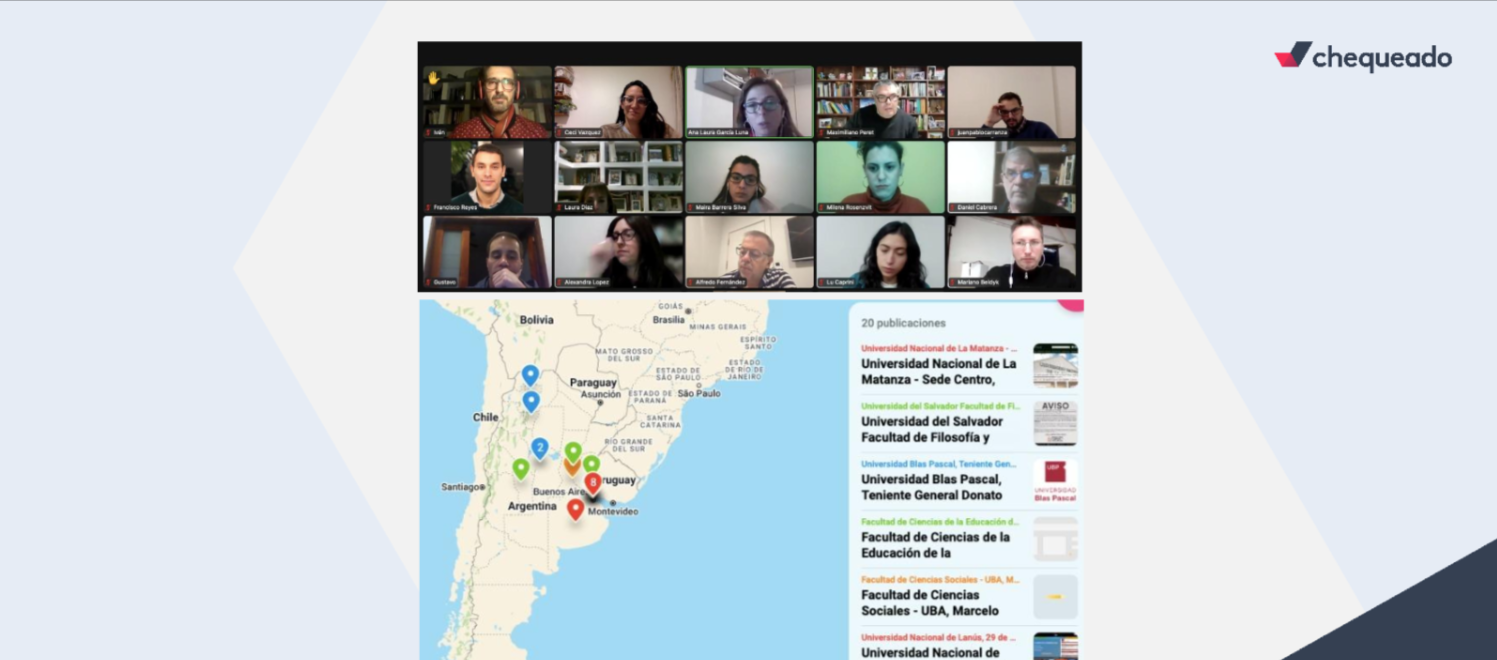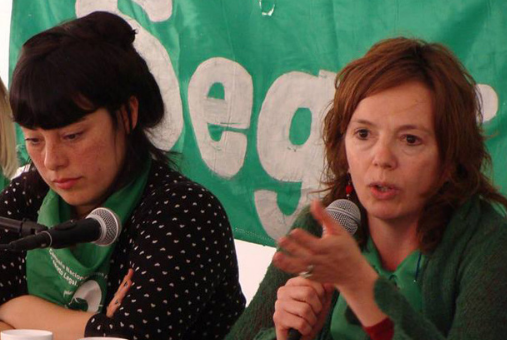
VOA journalists are suing the Trump administration, arguing its shutdown of the network is unconstitutional. They also say the move harms U.S. credibility abroad and puts foreign staff at risk.

More than 3,200 titles, from silent films to the present, are cataloged in the site Periodistas en el Cine (Journalists in Cinema), which offers the most complete database in Spanish on the representation of journalism on the big screen. Led by two Argentinian journalists, in May, the site published a ranking of the 200 best films about the journalistic profession and the world of media

We bring you a compilation from GIJN recommending investigative books from reporters based in Latin America during the past 10 years. From lithium extraction to political murders, migration hardships to water privatization, and from Mexico in the north to Chile in the south, these titles cover a wide range of issues and span the continent.

The president of the National Association of Journalists of Peru, Zuliana Lainez, talked about the current situation of independent journalism in Latin America, the persistent judicial harassment against the press, and the current crisis of confidence in the media in Peru.

This 2023 marks 30 years since the UN General Assembly proclaimed May 3 as World Press Freedom Day. The main commemoration event will take place in New York, but events will also be held in Latin American countries. The date is an invitation for media professionals to reflect on press freedom and professional ethics.

The Argentine organization Chequeado, with the support of Google News Initiative, invited news organizations Verificado (from Mexico), Colombia Check (from Colombia), Convoca and Ojo Público (both from Peru) to form a 'Latin American network of fact-checking trainers' and thus make up for the lack of fact-checking-oriented courses in university journalism curricula in Latin America.

Works from Argentina, Peru, Colombia and Brazil were shortlisted for the most prestigious data journalism awards among more than 600 candidates from 379 media outlets around the world. Latam Journalism Review interviewed the leaders of the Latin American projects featured in the 2022 Sigma Awards.

The recent decriminalization of abortion in Latin America has once again opened the conversation on the importance of appropriate media coverage when dealing with issues of sexual and reproductive rights. We spoke with several feminist journalists from the region to learn about the challenges they faced when covering these issues in their countries.

The WINN network of women journalists offers, since November 2021, free 30-minute online mentorships with highly experienced journalists. In this second attempt at a mentoring program, they have been successful in providing a space of support and, often, also a therapeutic space for young journalists from Latin America.
A new grant from the John S. and James L. Knight Foundation will help two Latin American journalists extend their Knight Latin American Nieman Fellowships so they can explore projects that may create new ways to keep citizens informed while also enhancing a free press.
"Passionate" and "visionary" are the words Brant Houston used to describe Knight Center for Journalism in the Americas founder and director Rosental Calmon Alves, who was honored during an homage at the Brazilian Association of Investigative Journalism's 6th International Congress for Investigative Journalism, on July 1.
Pictures of the Year International (POYi) and the Nuestra Mirada network of Latin American photographers honored 18 visual journalism projects in the first POYi Latin America Visual Journalism Contest. The winners will be honored at the Fiesta de Imagen (Image Party) in Cuenca, Ecuador in July.